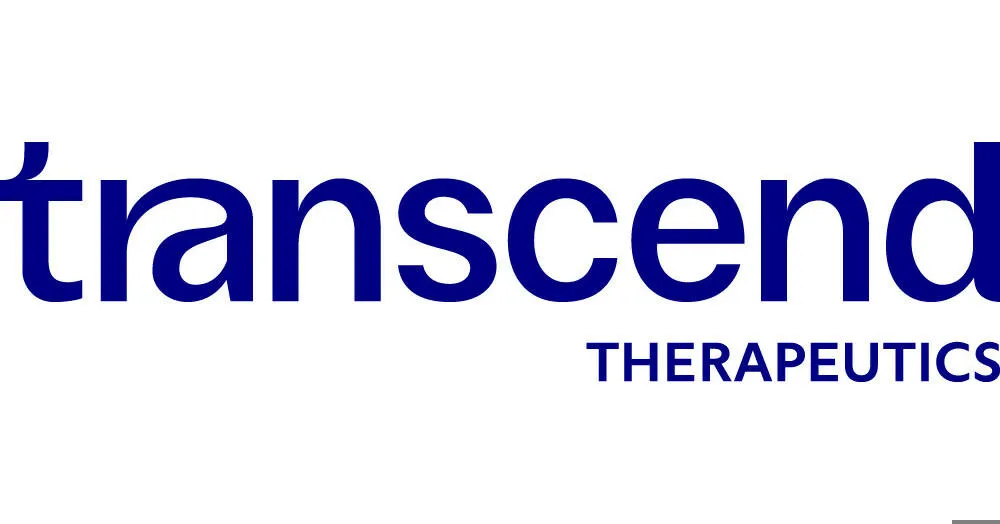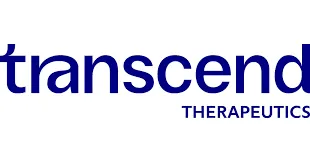IMPACT-1 - Methylone in the treatment of post-traumatic stress disorder
Aims
The purpose of this study is to test a medicine called methylone (the “study drug”) that is being developed for the treatment of post-traumatic stress disorder (PTSD).
PTSD is an anxiety disorder caused by very stressful, frightening, or distressing events. PTSD can develop immediately after someone experiences a disturbing event, or it can occur weeks, months, or even years later.
Someone with PTSD often relives the traumatic event through nightmares and flashbacks, and may experience feelings of isolation, irritability, and guilt. They may also have problems sleeping, such as insomnia, find concentrating difficult and avoid situations that trigger flashbacks. These symptoms are often severe and keep happening oftenenough to have a significant impact on the person’s day to day life.
Unfortunately, many people suffering from PTSD either do not receive treatment or do not respond well to currently available treatments.
Methods
A Phase II, multicentre, randomised, double-blind,controlled study to investigate the efficacy and safety of methylone treatment in patients with post-traumatic stress disorder.
Participants enrolled in this trial will be randomised to receive either methylone or a placebo. There will be the potential option to participate in an Open Label Extension, where all participants receive methylone.
Participating in the trial
If you wish to volunteer for this trial, please consider your decision carefully. There are strict inclusion and exclusion criteria the team cannot deviate from. You will be usually asked to attend the research facility on numerous occasions, without much flexibility for variation in dates.
Clinical trials are not the same as receiving treatment from your doctor or therapist. We use placebos or variable doses in some of our trials. You may not get the treatment you want and the team is unable to change this, for any reason.
For one reason or another, most people who volunteer turn out not to be eligible for a clinical trial. It’s important to be realistic about the chances of inclusion and pursue other sources of help at the same time.
Effects of Psychedelics
Depending on the drug, psychedelic therapy lasts from about 2 to 8 hours. We only give people psychedelics in a dedicated hospital facility with support from doctors, nurses, psychotherapists and study coordinators. We don’t give people psychedelics to take home.
It isn’t possible to predict how psychedelics will affect an individual person. Clinical trials are an experiment. They are being done because we do not yet know if psychedelic therapy is a safe and effective form of treatment. Therefore, your participation in a trial comes with some risks.
Your condition could improve, stay the same or it could worsen. Psychedelic therapy is not a ‘reset’ for your brain and it is not a ’quick fix’. Regardless of what happens, it’s important to have the right support around you if this happens. There are limits to the extent the study team can support you, particularly out of normal office hours.
|
Status |
Ongoing, closed for recruitment |
|
Participants |
Adults |
|
Clinical area |
Post-traumatic stress disorder |
|
Intervention |
Methylone therapy |
|
Recruitment period |
2024 |
|
Contact |
methylone@kcl.ac.uk |
|
Funder |
Transcend Therapeutics |
|
Sponsor |
Transcend Therapeutics |
Our Partners

Transcend Therapeutics


